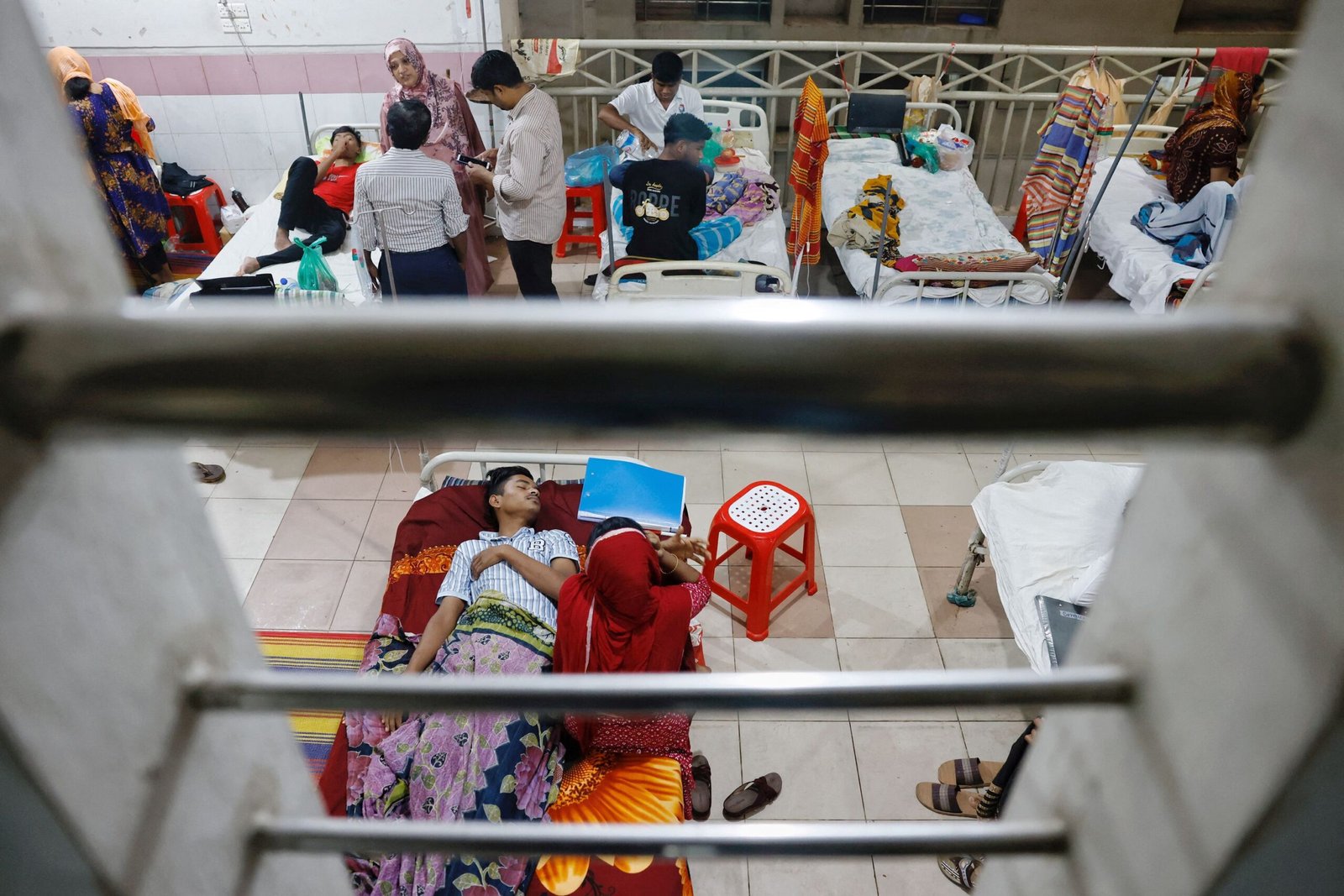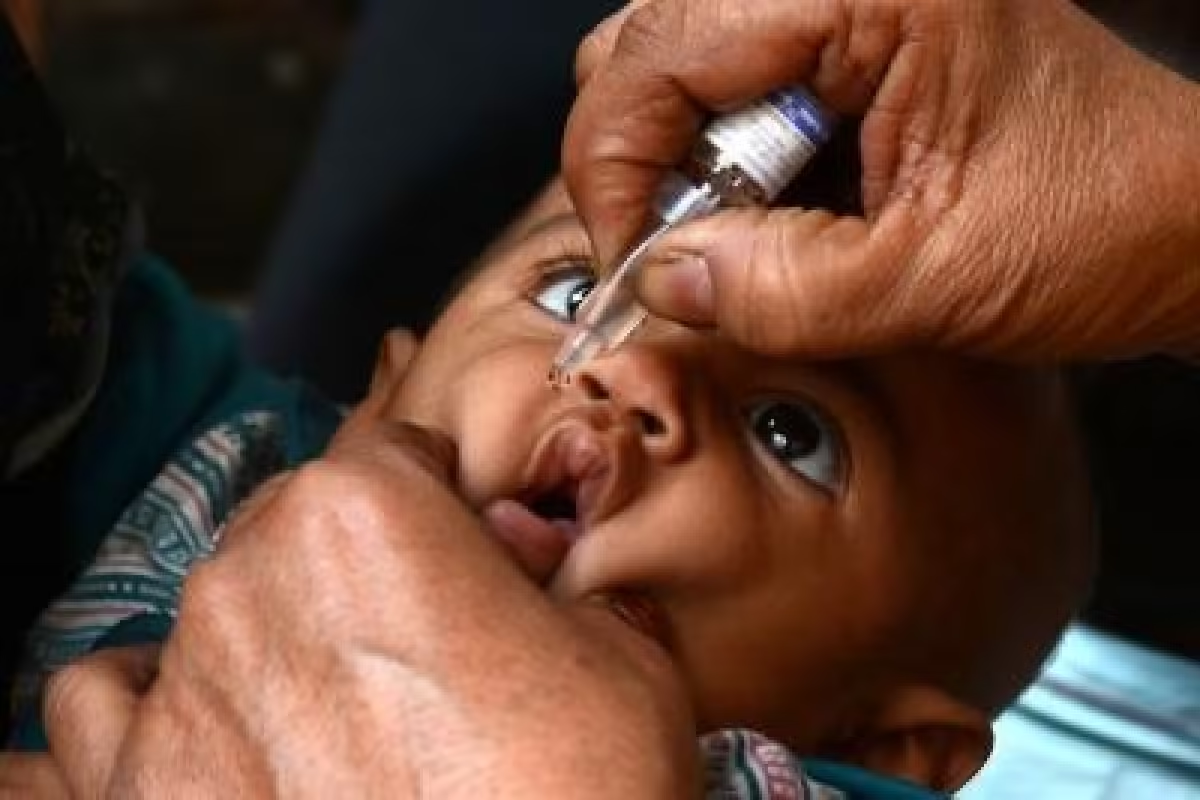Experts warn that changing weather patterns, driven by climate change, contribute to the unprecedented severity of the outbreak. Kabirul Bashar, an entomologist and zoology professor at Jahangirnagar University, highlighted the impact of altered temperature and rainfall patterns on mosquito breeding. The Aedes mosquito, responsible for spreading dengue, is adapting to these changes, posing a significant challenge to containment efforts.
The death toll in 2023 is more than five times that of 2022, marking the deadliest year since authorities began tracking dengue-related deaths in 2000. Bashar, a leading expert on the country’s national anti-dengue committee, emphasized the need for year-round vector surveillance to combat the spread of the disease effectively.
Unlike previous years, dengue cases have been reported in all 64 districts of Bangladesh in 2023, affecting a total population of approximately 170 million. Bashar revealed that Aedes mosquitoes were found to be biting throughout the day and adapting to diverse environments, including dirty sewers and saline seawater, challenging traditional prevention methods.
Physicians noted variations in dengue symptoms this year, complicating diagnoses and emphasizing the urgency of effective surveillance. Despite no specific vaccine or treatment for dengue, early detection and proper medical care can significantly reduce mortality rates to less than 1% of those infected.
Hospitals in Bangladesh are overwhelmed, facing shortages of intravenous fluids crucial for severe cases. Patients and their families are experiencing difficulties finding adequate medical care, with some resorting to home treatment due to the strain on healthcare facilities.
As Bangladesh grapples with the escalating dengue crisis, experts advocate for immediate and sustained measures to address the changing dynamics of the disease, urging a proactive approach to mitigate the impact of climate change on public health.



